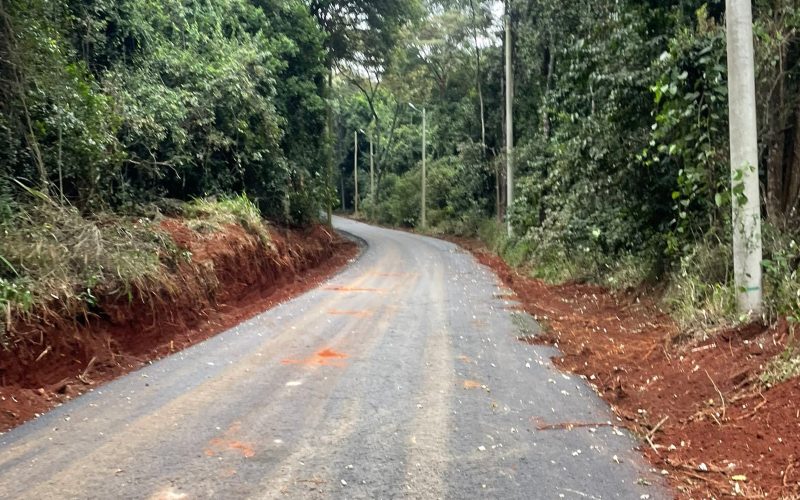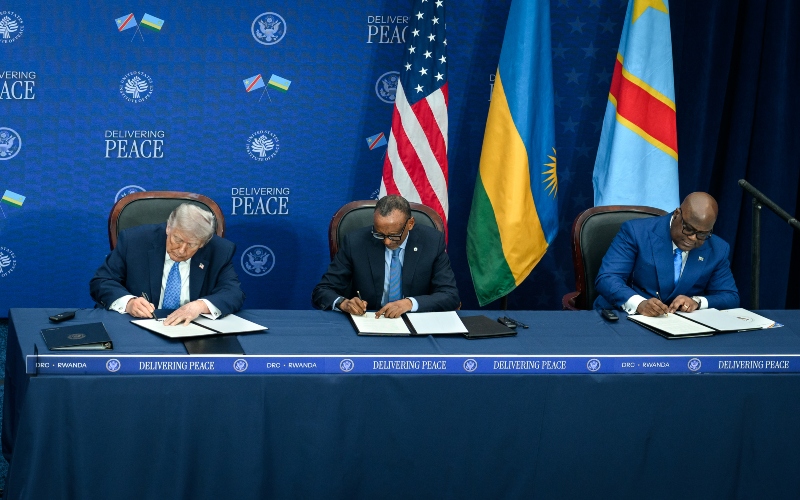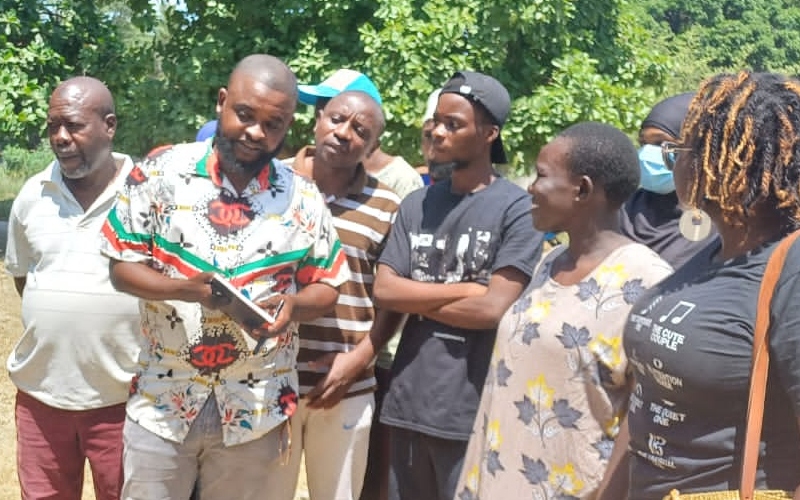Why we tarmacked a road inside Karura Forest- KFS

Meanwhile, Friends of Karura Forest (FKF) Association has vowed to sue KFS, saying its move to take over all entry and service fee collections at Karura Forest was carried out without consultation, disregarding a 20-year joint management agreement that has governed the forest’s operations and funding for more than 15 years.
The tarmacking of a road to staff quarters inside Karura Forest has stirred controversy, with Kenya Forest Service (KFS) Chief Conservator Alex Lemarkoko defending the project as part of the forest’s management plan and necessary to replace muddy paths used by rangers.
Speaking during an interview on the NTV, Lemarkoko explained that the Participatory Forest Management Plan (PFMP), which guides the running of Karura, divides the forest into four zones: indigenous conservation areas, plantation areas, ecotourism sites and developed zones.
More To Read
- MPs outline conditions to be met before forests can be degazetted
- New KIPPRA report exposes the hidden weaknesses crippling Kenya’s forest industry
- Court bans eucalyptus planting near water sources nationwide
- KFS refutes land grabbing claims at Menengai Crater, says boundary gazetted
- President Ruto launches nationwide drive to plant 2 billion tree seedlings each year
- Lawyer moves to court to bar Kenya Forest Service from managing City Park
The “Kijiji” area, where staff quarters and the KFS headquarters are located, is classified as a developed zone. “
The PFMP clearly outlines that we can continue developing within the designated areas. Improving the road network inside our headquarters is part of that,” he said.
Lemarkoko dismissed claims that there was an agreement to eventually vacate the Kijiji and convert it into a conservation area.
“The PFMP designates the Kijiji area as a developed area. And I recommend that it should remain that way,” he said.
He added that the road was justified to ensure staff live in dignity and work in a safe environment.
“We are Kenyans. KFS officers and rangers are Kenyans. They need to live in a decent environment. The tarmacked road facilitates movement at night. You don’t have to walk on muddy paths,” he said.
According to Lemarkoko, some of the houses in the Kijiji date back almost 50 years, while the newest was built only a month ago.
He noted that refurbishment of the older units is ongoing, and the tarmacking was negotiated with a stakeholder as part of broader improvements.
Meanwhile, Friends of Karura Forest (FKF) Association has vowed to sue KFS, saying its move to take over all entry and service fee collections at Karura Forest was carried out without consultation, disregarding a 20-year joint management agreement that has governed the forest’s operations and funding for more than 15 years.
Speaking on Monday during a TV interview, FKF Board Member Prof. Karanja Njoroge warned that the takeover threatens staff jobs and undermines long-standing conservation initiatives.
“We have signed agreements, and we’ll go to court. The only place you can run when you are under attack is the judicial system, which can examine the investments we’ve made; our blood, work, sweat and money,” Njoroge said.
The dispute follows KFS's announcement that all payments for entry, annual passes, parking and other services will now be processed exclusively through the government’s eCitizen platform.
KFS deployed rangers and administrative staff to enforce the change, ordering FKF staff to step aside immediately.
Njoroge described the move as unilateral and hostile, arguing that it violates the cooperative framework of the joint management committee (JMC).
He also slammed KFS over rapid development projects inside the forest, including the construction of a tarmac road near staff housing.
“We woke up to bulldozers and road machines. When we sought to inspect the work, we were denied access. This is not how we have operated in 15 years. We are working with a partner that is hostile and dismissive,” he said.
Top Stories Today












































